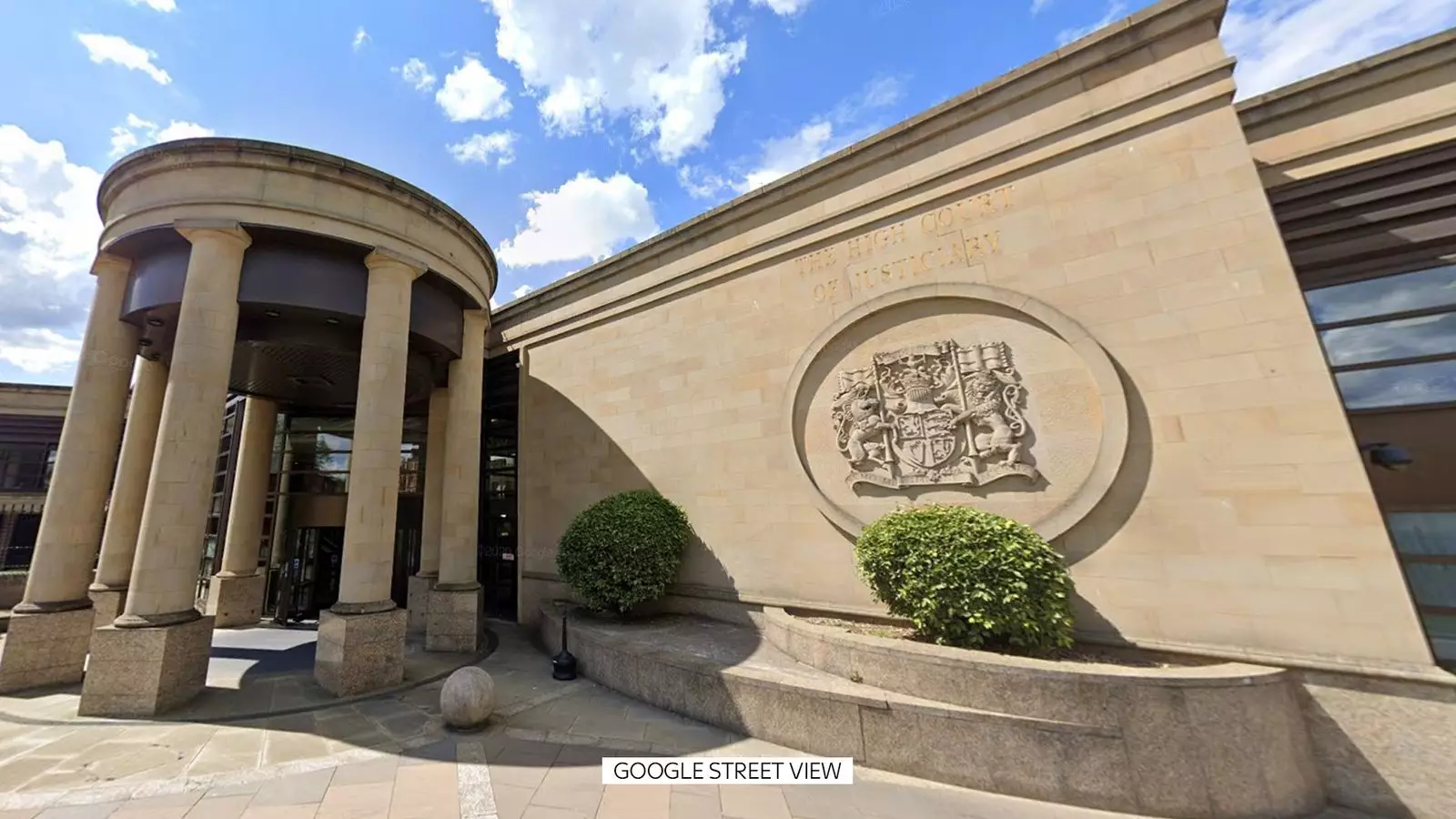In a case that exposes the sinister potential of betrayal at the intersection of professionalism and morality, Stephen Doohan’s actions serve as a disturbing reminder of how trust can be weaponized. As a paramedic, his role ostensibly centered on healing and saving lives. Yet, he chose to abuse this position of authority in a profoundly egregious manner, covertly acting in a way that inflicted irreparable harm on a vulnerable woman. This case prompts reflection on the moral obligations of healthcare professionals and the catastrophic consequences when those duties are compromised for personal malice. It’s a stark lesson in the importance of guardrails within trusted professions, ensuring that power remains balanced against accountability.
The Disturbing Blurring of Consent and Authority
What makes this case particularly heinous is the calculated manipulation of consent. The woman’s trusting relationship with Doohan was shattered by an insidious combination of deception and coercion. Her discovery of the concealed medication under her mattress marks a moment of awakening, yet it came too late to prevent the devastating consequences. Doohan’s subsequent effort to conceal his actions — including convincing her to lie to medical professionals and manipulating her into silence — underscores a gross violation of ethical boundaries. It raises uncomfortable questions about the vulnerabilities of individuals in crisis and how professional misconduct can exploit these vulnerabilities. His actions extend beyond mere unlawful behavior; they are a profound degradation of the very principles that underpin compassionate care.
The Justice System’s Critical Response and Its Limitations
The judicial response to Doohan’s brutality reflects a recognition of the severity of his breach of trust and the lifelong scars it inflicts. A sentence of over ten years, along with inclusion on the sex offenders’ register, underscores society’s condemnation of such acts. However, the criminal justice system often struggles with the broader implications of such cases—particularly how to address the long-term psychological damage inflicted on victims. While the court acknowledged the “long-term psychological injury” caused, the question persists: Does incarceration fully compensate for the trauma? Moreover, this case raises concerns about how well systems detect and prevent abuse of authority in healthcare settings. Is there enough oversight to stop similar atrocities before they occur, or do we remain reactive rather than proactive?
The Societal Reflection: Healing, Accountability, and the Limits of Justice
This case is a stark mirror to broader societal issues: the fragile trust placed in professionals, the erosion of personal boundaries, and the dangers of unchecked power. It also exposes the urgent need for systemic reforms—better safeguards, more rigorous oversight, and a cultural shift that empowers victims to speak out without fear of shame or retribution. The victim’s bravery in coming forward must be celebrated, but the wider question remains: How do we foster an environment where victims feel safe and supported enough to confront misconduct? While justice has been served with Doohan’s sentence, true societal progress demands that we critically examine and improve the structures meant to protect vulnerable populations from such betrayal.
Personal Responsibility versus Institutional Accountability
Ultimately, this case challenges us to question the role of individual morality versus institutional responsibility. Doohan’s actions, rooted in a clear violation of ethical standards, could have been prevented by stricter checks, better accountability, and a culture that prioritizes patient safety above all else. Healthcare institutions have a moral duty not only to prevent misconduct but also to cultivate an environment where abuse of trust is swiftly identified and eradicated. Merely punishing the individual is not enough; systemic reforms are essential to ensure such egregious breaches become the exception instead of the rule. Society must demand transparency and accountability at every level of care, so that trust can be rebuilt and future atrocities avoided.
In scrutinizing this deeply troubling case, it becomes evident that when individuals in positions of trust choose malice over morality, society’s foundational values are severely threatened. Justice must not only punish those who betray that trust but also ignite a broader debate on safeguarding human dignity, systemic vigilance, and the importance of standing unwavering against corruption in the caring professions.


Leave a Reply